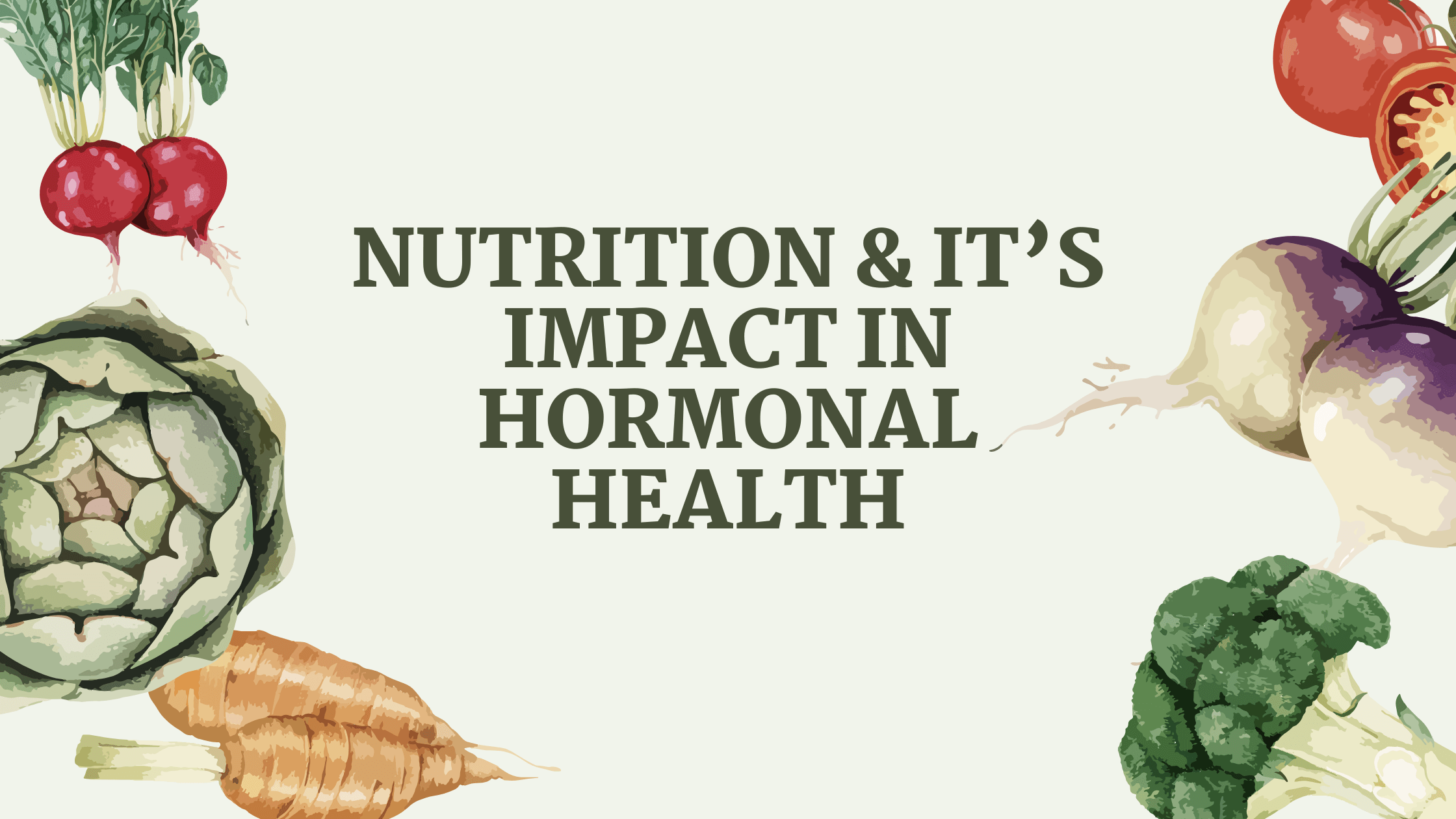
Hormonal imbalances are becoming increasingly common among young people today, leading to a wide range of health issues. However, by making simple lifestyle changes and choosing the right diet, it’s possible to bring your body back into balance and live a healthier, happier life.
Why Are Hormones So Important?
Hormones influence everything from your mood and metabolism to reproductive health and energy levels. In women especially, a hormone imbalance can lead to irregular periods, weight gain, acne, fatigue, and conditions like PCOS or thyroid disorders.
What Causes Hormonal Imbalance?
Our modern lifestyle and eating habits are major culprits. High intake of sugar, processed foods, artificial additives, and low-fiber diets can disrupt gut health, which is closely linked to hormone production. Over time, this can lead to issues like inflammation, nutrient deficiencies, and leaky gut syndrome, all of which affect hormonal balance.
Foods That Help Balance Hormones
1. Healthy Fats: The Foundation of Hormone Health
Your body needs good fats to make hormones. These include:
- Virgin Coconut Oil – Boosts metabolism and supports thyroid function
- Nuts like almonds and walnuts – Rich in omega-3s and monounsaturated fats
- Avocados – Support insulin regulation and reproductive hormones
2. Protein Power
Proteins are essential for hormone production, especially insulin and thyroid hormones. Include:
- Legumes (peas, beans, green grams) – Maintain blood sugar levels
- Eggs, fish, chicken – High-quality animal proteins
- Yogurt, paneer, cheese – Offer probiotics for gut health
Identify and eliminate any food allergies to ensure your body absorbs proteins efficiently.
3. Fiber for More Than Digestion
Fiber doesn’t just aid digestion—it also helps control blood sugar and estrogen levels.
- Whole grains, leafy greens, and traditional foods like millets, red rice, and drumstick are rich sources.
- Oats, fruits, and legumes slow glucose absorption, reducing insulin spikes.
Natural Ways to Support Hormones
Antioxidant-Rich Foods
- Turmeric (Curcumin) – Supports liver detox and reduces inflammation
- Gooseberry, pomegranate, blueberries – High in vitamin C and polyphenols, reduce cortisol and improve sleep
Probiotics and Prebiotics
- Yogurt, buttermilk, fermented batters (idli/dosa) – Encourage good gut bacteria
- Banana, garlic, onion – Act as prebiotics, nourishing gut flora and enhancing hormone balance
What to Avoid for Hormone Health
- Refined sugars and processed carbs – Spike insulin and worsen PCOS symptoms
- Caffeine-loaded drinks – Overstimulate adrenal glands and disrupt cortisol levels
- Artificial preservatives and additives – Act as endocrine disruptors, mimicking natural hormones and causing imbalance
Small Changes That Make a Big Difference
Include healthy fats, protein, and fiber in every meal
Choose nuts and seeds over packaged snacks
Prioritize vegetables and grains at dinner
Try herbal teas like ginger or turmeric tea instead of excess coffee
Practice yoga, get enough sleep, walk daily, and follow Ayurvedic routines for holistic support
You don’t need extreme diets or complicated routines to restore your hormone health. With a balanced diet, mindful living, and small consistent changes, you can manage mood, energy, menstruation, and overall well-being.







